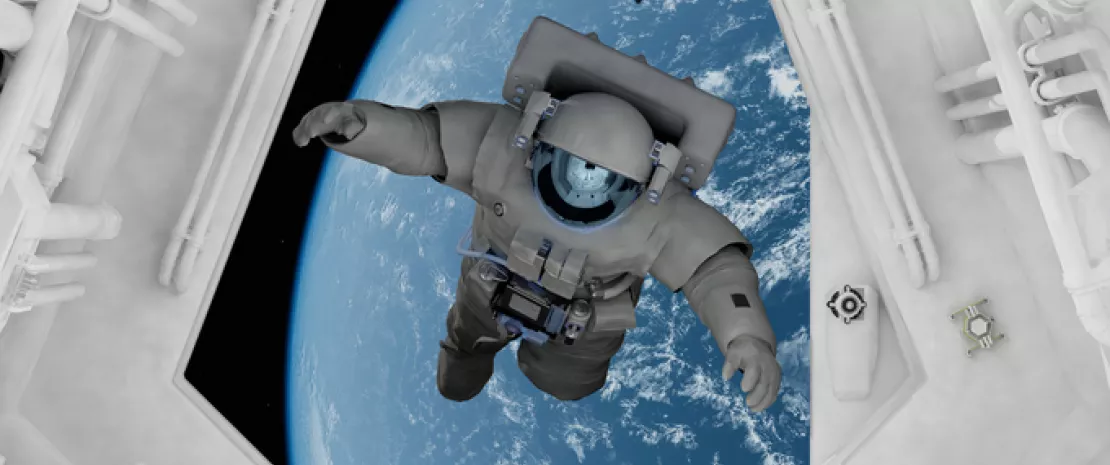It may sound funny, but NASA researchers took this discovery very seriously. In the BMC Microbiology journal, a team from the prestigious aerospace research center explains that the presence of these bacteria could become a hazard to astronauts during long-term missions in space, or even during the first manned space flights to Mars. It would be impossible to turn around during this 260-million-kilometer-long journey and come back to Earth in order to treat infected individuals.
Drug resistant strains…
By studying the DNA of these 5 bacteria, the scientists discovered that they presented strong similarities with 3 enterobacterial strains (present in the intestines) recently isolated on Earth in Tanzania and the US. They are responsible for serious hospital-acquired infections in immunocompromised persons and newborns, and they are part of a bacterial species known for being highly pathogenic and resistant to multiple antibiotics. Additionally, the researchers indicated that the strains found in the international space station were also resistant to many antimicrobial agents (penicillin, for instance) which are “antibiotics used by astronauts for over 20 years”, as underlined by the researchers.
…although harmless so far
Fortunately, these strains were not virulent and did not threaten the astronauts’ health. But they could very probably become pathogenic (79% probability) under specific conditions (to be determined) such as the very low gravity found in the ISS: several studies suggested that this condition may increase bacteria’s virulence and resistance to antibiotics or impact the growth or size of microorganisms. This study also reminds us that the international space station is not sterile: astronauts come on board with their microbes, and other microorganisms may be introduced by food or material shipments sent to the station.














